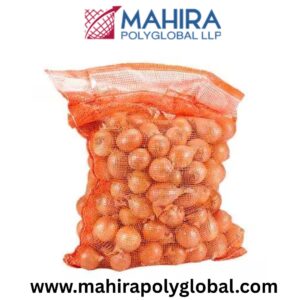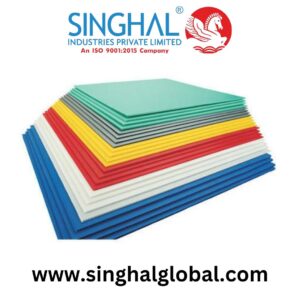In the ever-evolving field of biopharmaceuticals, the production of antibodies has taken center stage due to their critical role in therapeutic applications. Among the various production systems available, Chinese Hamster Ovary (CHO) cells have emerged as a gold standard for monoclonal antibody production, and specialized services have been developed to streamline this process.
The Significance of CHO Cells
CHO cells are favored for their eukaryotic nature, which allows for proper post-translational modifications, essential for the functional integrity of antibodies. Their ability to grow in suspension, coupled with a well-established genetic toolkit, makes CHO cells highly versatile. They can be engineered to produce a variety of antibodies, including IgG and IgM, tailoring to specific therapeutic needs.
Tailored Antibody Production
The CHO cell antibody drug production service offers a comprehensive solution for researchers and pharmaceutical companies looking to develop and manufacture monoclonal antibodies. This service typically includes cell line development, process optimization, scale-up, and regulatory support. By utilizing advanced techniques such as recombinant DNA technology and high-throughput screening, service providers can efficiently create stable cell lines that produce high yields of antibodies.
Infrastructure and Technology
Modern CHO cell production facilities are equipped with cutting-edge technology, ensuring high-quality output. These facilities utilize bioreactors with controlled environments that optimize cell growth and antibody production. Automation and real-time monitoring systems enhance the efficiency of the manufacturing process, allowing for precise adjustments in response to metabolic changes in the cell culture.
Quality Assurance in Antibody Production
Ensuring the quality and consistency of the produced antibodies is paramount. A robust quality assurance program is implemented throughout the production process, adhering to Good Manufacturing Practices (GMP). This includes rigorous testing for purity, potency, and stability. The goal is to guarantee that the final product meets regulatory requirements and is safe for therapeutic use.
Cost and Time Efficiency
Outsourcing antibody production to specialized CHO cell services can significantly reduce both costs and timelines. By leveraging the expertise and established protocols of these service providers, companies can focus on their core research activities while minimizing the complexities associated with antibody production. This collaborative approach accelerates the path from lab bench to clinical trials.
Conclusion
The CHO cell antibody drug production service represents a vital component of the biopharmaceutical landscape. Its ability to deliver high-quality, tailored antibodies efficiently positions it as an invaluable resource for researchers and companies aiming to bring innovative therapies to market. As the demand for monoclonal antibodies continues to rise, this service will undoubtedly play a pivotal role in shaping the future of medicine.





